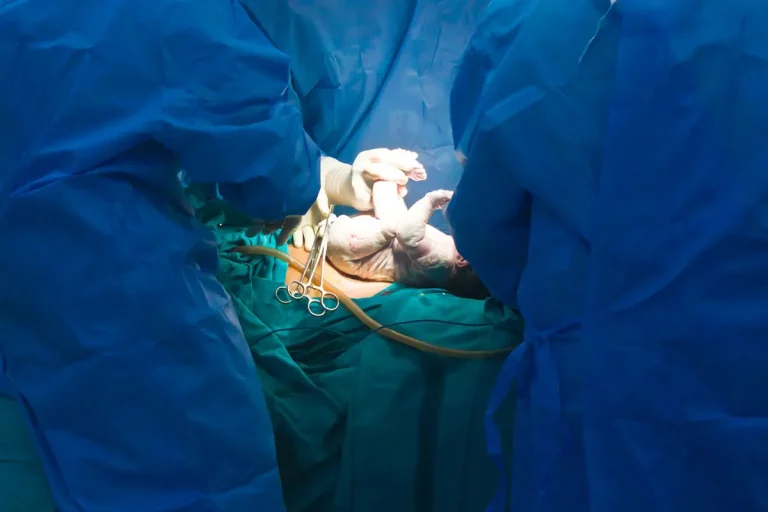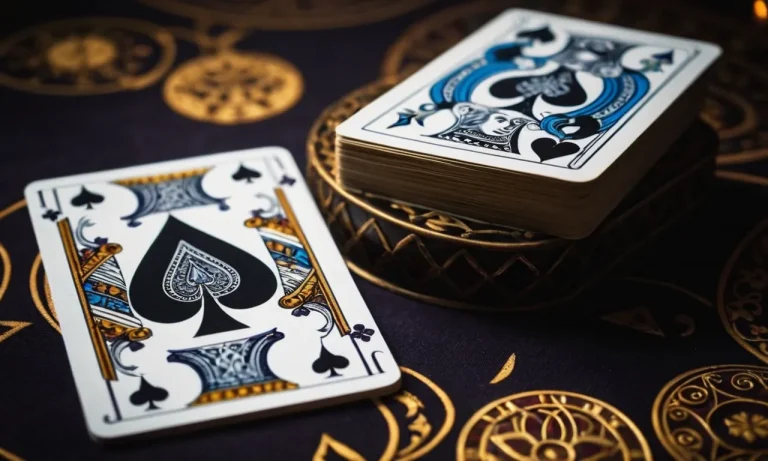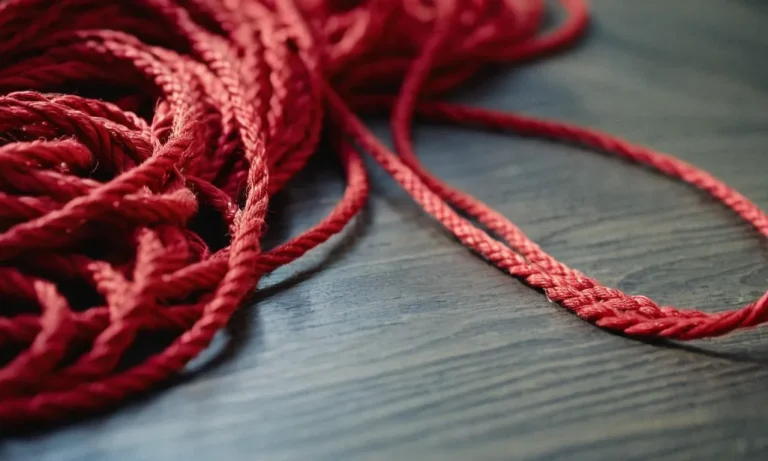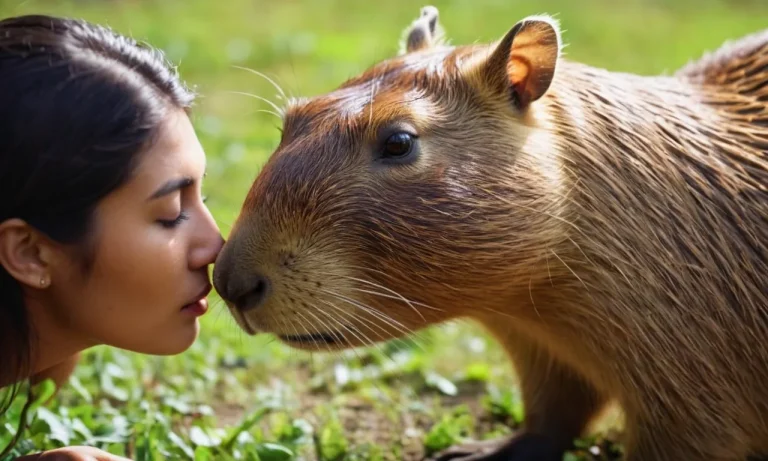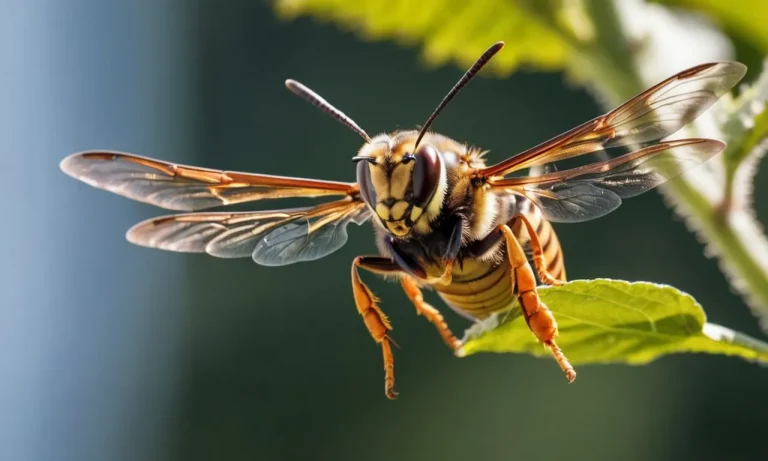Have you noticed your chin twitching lately? Chin twitching can be annoying and even alarming when it happens suddenly and for no apparent reason. In this comprehensive guide, we’ll explore the possible causes, meanings, and treatments for chin twitching.
If you’re short on time, here’s a quick answer to your question: Chin twitching is usually caused by stress, fatigue, or mineral deficiencies. While annoying, it’s generally harmless and will often go away on its own. Lifestyle changes and treating any underlying conditions can help reduce twitching.
We’ll cover the reasons your chin may twitch, from simple muscle fatigue to more serious neurological conditions. We’ll also explore some of the superstitions around chin twitching and what different twitching patterns could signify. Finally, we’ll provide tips to stop the twitching, both natural remedies and medical treatments.
What Causes Chin Twitching?
Chin twitching, also known as chin fasciculation, is a condition characterized by involuntary contractions or spasms of the muscles in the chin area. These twitching movements can be quite bothersome and may occur intermittently or persistently. While the exact cause of chin twitching is not always known, there are several factors that can contribute to its occurrence.
1. Muscle Fatigue and Overuse
One of the common causes of chin twitching is muscle fatigue and overuse. This can happen when you engage in activities that require excessive use of the muscles in your face, such as chewing gum for extended periods or talking excessively. The repeated contractions of the muscles can lead to twitching and spasms.
2. Stress and Anxiety
Stress and anxiety can also trigger chin twitching. When we are stressed or anxious, our bodies go into a state of heightened arousal, which can lead to muscle tension and involuntary movements. The muscles in the face, including those in the chin area, can be particularly sensitive to this stress-induced tension.
3. Nervous System Disorders
In some cases, chin twitching may be a symptom of an underlying nervous system disorder. Conditions such as hemifacial spasm, trigeminal neuralgia, or even certain types of Parkinson’s disease can cause involuntary muscle contractions in the face, including the chin. If you experience persistent or worsening chin twitching, it is important to consult a healthcare professional for proper evaluation and diagnosis.
4. Medications and Substances
Certain medications and substances can also contribute to chin twitching. Stimulant drugs, such as caffeine or amphetamines, can increase muscle activity and lead to twitching. Additionally, certain medications used to treat psychiatric disorders, such as antipsychotics or selective serotonin reuptake inhibitors (SSRIs), may have side effects that include muscle twitching.
5. Other Factors
There are a few other factors that may play a role in chin twitching. These include dehydration, electrolyte imbalances, and muscle fatigue due to physical exertion or exercise. Additionally, some individuals may have a genetic predisposition to muscle twitching, making them more susceptible to experiencing chin fasciculations.
It is important to note that occasional chin twitching is usually harmless and may resolve on its own. However, if the twitching becomes frequent, persistent, or is accompanied by other concerning symptoms, it is recommended to seek medical attention. A healthcare professional can help determine the underlying cause of the twitching and recommend appropriate treatment options.
Meanings and Superstitions Around Chin Twitching
Chin twitching can sometimes be more than just a random muscle spasm. In fact, many cultures and belief systems have attached meanings and superstitions to this peculiar phenomenon. While these interpretations may vary across different regions and traditions, they offer interesting insights into the significance people have attributed to chin twitching throughout history.
1. Chinese Face Reading
In Chinese face reading, chin twitching is thought to be a sign of good luck and prosperity. It is believed that when the chin twitches, it is an indication that money and abundance are on the way. This interpretation aligns with the idea that involuntary muscle spasms can be seen as messages from the body or the universe.
2. Indian Astrology
In Indian astrology, chin twitching is associated with the movement of celestial bodies and their impact on our lives. It is believed that when the chin twitches, it signifies an upcoming journey or a change in residence. This interpretation suggests that the twitching is a symbol of movement and transition.
3. Western Superstitions
In Western cultures, chin twitching is often seen as a sign of impending gossip or someone talking about you behind your back. This belief may have originated from the idea that the chin represents communication, and a twitch could represent someone discussing you in conversation. However, it is important to note that superstitions are not based on scientific evidence and should be taken with a grain of salt.
It is fascinating to see how different cultures interpret and assign meanings to chin twitching. Whether you believe in these superstitions or not, they provide an interesting glimpse into the diverse ways people make sense of the world around them.
How to Stop Chin Twitching
1. Identify the underlying cause
The first step in stopping chin twitching is to identify the underlying cause. Chin twitching can be caused by a variety of factors, including stress, fatigue, caffeine intake, and certain medical conditions. Keeping a journal to track when and where the twitching occurs can help identify any patterns or triggers.
2. Manage stress and fatigue
Stress and fatigue are common triggers for chin twitching. Finding ways to manage these factors can help reduce the frequency and intensity of the twitching. Some effective stress management techniques include deep breathing exercises, meditation, yoga, and engaging in hobbies or activities that help you relax.
3. Limit caffeine intake
Caffeine is a stimulant that can exacerbate muscle twitches, including chin twitching. Limiting your intake of caffeinated beverages such as coffee, tea, and energy drinks may help reduce the occurrence of chin twitching. Opt for decaffeinated alternatives or herbal teas instead.
4. Get enough sleep
A lack of sleep can contribute to muscle spasms and twitches, including chin twitching. Aim for a consistent sleep schedule and ensure you are getting enough quality sleep each night. If you are having trouble sleeping, try establishing a bedtime routine, creating a comfortable sleep environment, and avoiding stimulating activities before bed.
5. Seek medical advice
If chin twitching persists or is accompanied by other symptoms, it is important to seek medical advice. A healthcare professional can help determine the underlying cause and recommend appropriate treatment options. They may suggest medications, physical therapy, or other interventions depending on the specific cause of the twitching.
Note: The information provided above is for educational purposes only and should not replace the advice of a healthcare professional. If you are experiencing persistent or severe chin twitching, it is recommended to consult with a medical professional for proper diagnosis and treatment.
Conclusion
In most cases, chin twitching is nothing to worry about. Simple lifestyle changes like staying hydrated, reducing stress, and getting enough magnesium can help it go away. But if the twitching persists or happens along with other symptoms, see your doctor to rule out something more serious. With the right care, you can get your chin to stop jumping around and get back to normal soon.

